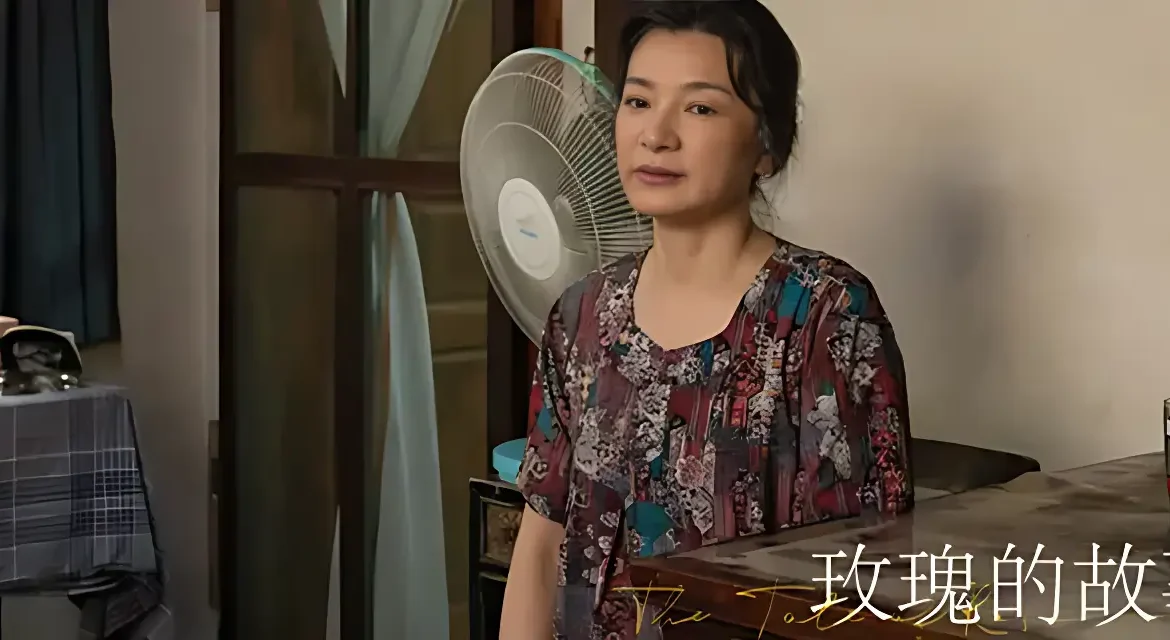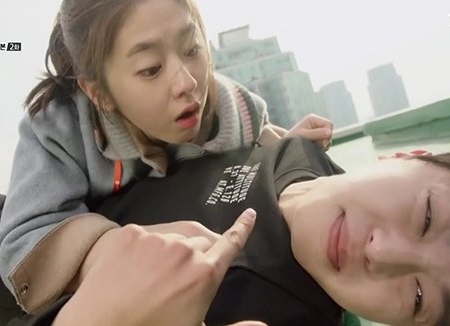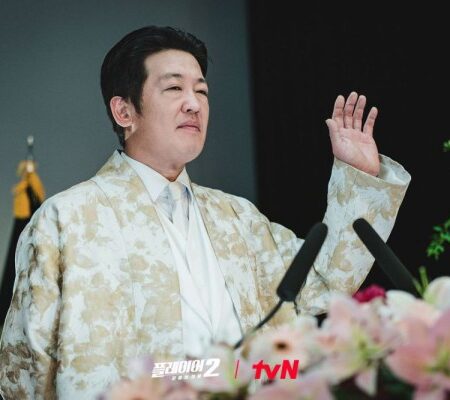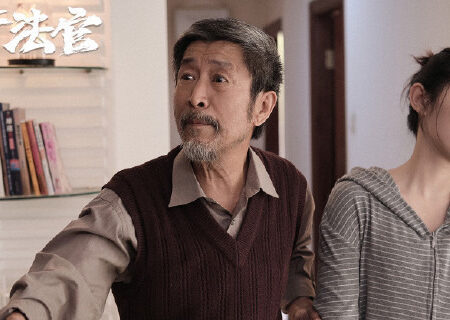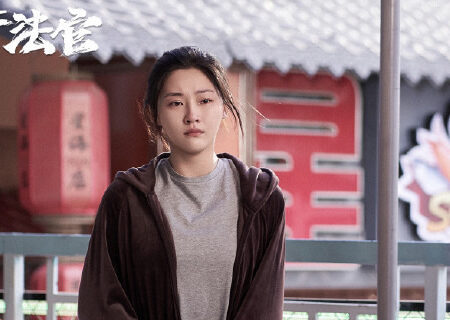In the popular TV drama The Tale of Rose, Su Gengsheng’s mother’s unexpected visit to Beijing sparks curiosity among viewers. Her arrival and the events that unfold reveal a deeper narrative, intertwining family expectations and financial struggles.
The Purpose of Su Gengsheng’s Mother’s Visit
Su Gengsheng’s mother travels from her hometown to Beijing with a clear purpose: to secure a substantial dowry of 200,000 yuan from Huang Zhenhua. This cultural expectation, often seen in traditional Chinese families, underscores the financial pressures and familial obligations that characters in The Tale of Rose must navigate.
Upon her arrival, she finds Su Gengsheng is away on a business trip. Unfazed, she contacts Huang Zhenhua, who rushes home from a meeting to meet her. Despite not informing Su Gengsheng in advance, Su’s mother insists on the urgency of her request, preventing Huang Zhenhua from calling her son. Instead, Huang Zhenhua takes her out for a meal and arranges for her accommodation.
Huang Zhenhua’s Dilemma
During their meal, Su Gengsheng’s mother reiterates her demand for the 200,000 yuan dowry, emphasizing it as a customary requirement from their hometown. Huang Zhenhua, known for his extravagant spending habits, finds himself in a difficult position. Lacking the necessary funds, he decides to borrow the money from Zhou Shihui, a close acquaintance.
Despite the awkwardness and the strain it places on him, Huang Zhenhua secures the money and hands it over to Su Gengsheng’s mother. Before departing, she makes him promise not to disclose this transaction to her son, leaving Huang Zhenhua conflicted yet compliant.
Cultural and Financial Implications
This storyline in The Tale of Rose brings to light several cultural and financial themes. The expectation of a dowry reflects deep-rooted traditions in Chinese culture, where financial contributions to marital arrangements are seen as a measure of respect and commitment. For Huang Zhenhua, fulfilling this demand showcases the financial burdens often faced by individuals trying to uphold family honor and societal norms.
Moreover, the secretive nature of this transaction introduces a layer of complexity to Huang Zhenhua’s character. His decision to borrow money, coupled with his promise to keep the matter hidden, hints at potential future conflicts and adds a suspenseful twist to the narrative.
Personal Reflection
As a fan of The Tale of Rose, I find Su Gengsheng’s mother’s visit to Beijing both intriguing and thought-provoking. Her determination to secure the dowry, despite the financial strain it places on Huang Zhenhua, highlights the often unspoken pressures within familial relationships. The show masterfully balances traditional values with contemporary dilemmas, making it a compelling watch for audiences.
In conclusion, Su Gengsheng’s mother’s quest for the dowry in Beijing serves as a pivotal plot point in The Tale of Rose. It not only deepens the narrative but also sheds light on the intricate dynamics of family, tradition, and financial responsibility.
